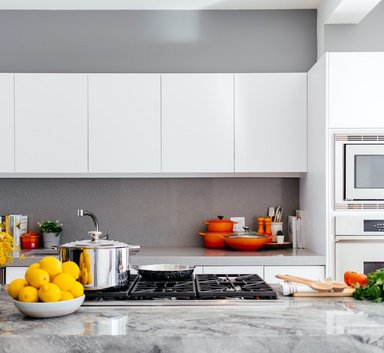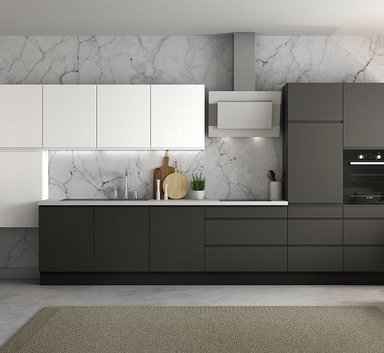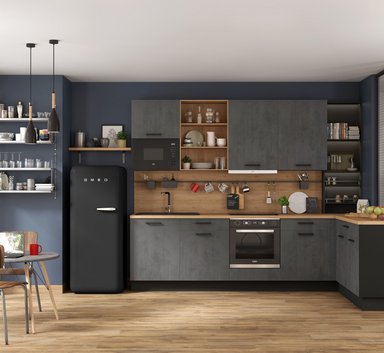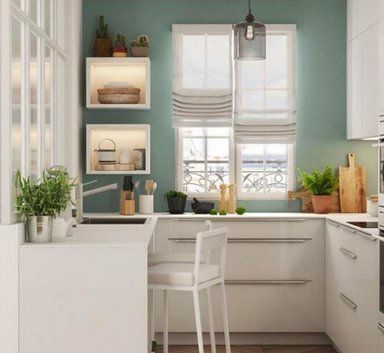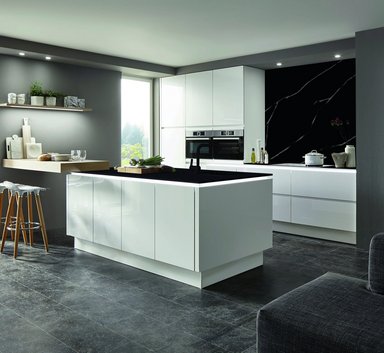How to clean your kitchen without damaging it
For scrubbing kitchen cabinets and worktops, it is advisable to use a soft cloth, chamois leather or sponge and a small amount of water. For high gloss kitchen models like the Lumina kitchen, you can use anti-static cleaner or “ultra-gloss” cleaning fluid. However you should avoid using microfibre cloths, cleaning erasers and alcohol-based detergents, solvents or vinegar.
Cautionary advice
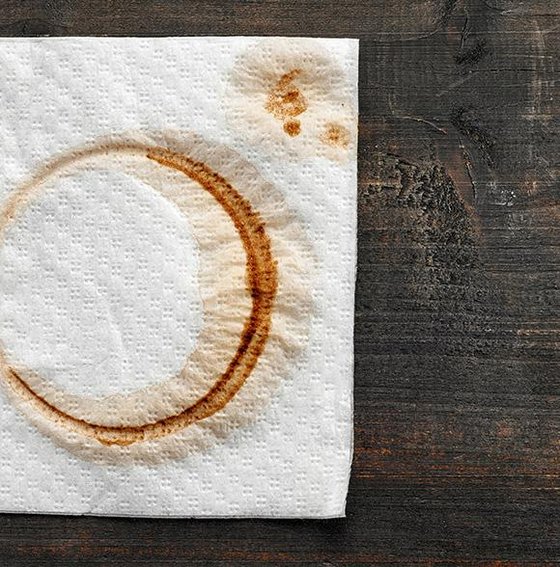
Stains
In the event of coffee, mustard or tea or, do not let the stain dry but rinse immediately.
Avoid scratching the cabinets with knives or metal objects.
A lacquered, gloss-finish kitchen is very sensitive to grains of sand and dust.
You should never use a steam cleaner or pressurised water jet.
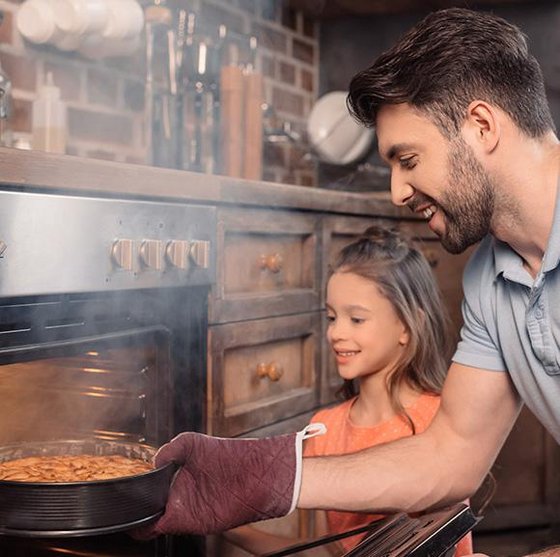
Heat
Do not place any hot objects from the oven directly onto worktops.
A toaster, coffee machine or kettle should not be used under wall cabinets.
Do not open the oven or dishwasher door to ventilate. It is better to wait 20 minutes after the cleaning cycle before emptying the dishwasher whenever possible.
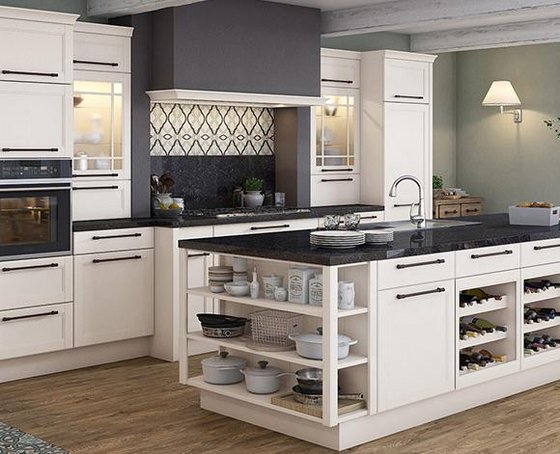
Cabinets
Do not sit or climb on the worktop.
Do not lean against wall cabinets as they could slide or fall.
The door furniture should not be removed and the electricity should be switched off before changing a light bulb or cleaning an electrical appliance.

Children
A kitchen is not a playroom and small children should not be left unattended.
Similarly, they should not be allowed to rummage through kitchen cupboards for sweets, as they could climb in and become stuck...
Maintenance of sinks and taps
Kitchen taps
Taps should be properly maintained to ensure their long-term shine. A soft cloth is recommended for cleaning.
If possible, wipe down the taps after each use and avoid the use of harsh, corrosive or abrasive cleaning products, such as vinegar-based products. These attack surfaces and remove the shine.
Coloured taps should only be cleaned with a soft cloth and clean water or with a mild rinsing agent.
Limescale removal products and abrasive, alcohol-based, acid-based or vinegar-based cleaning products are not recommended for coloured fittings.
The kitchen taps have a filter at the end. Dirt in the water eventually clogs it up and prevents water from flowing freely out of the tap. It should be dismantled and cleaned regularly as explained in the tap manual.
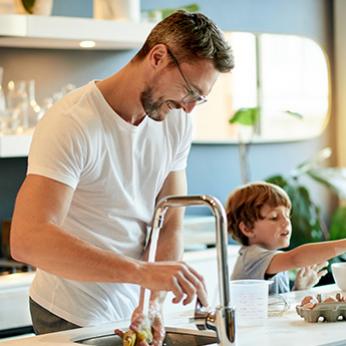
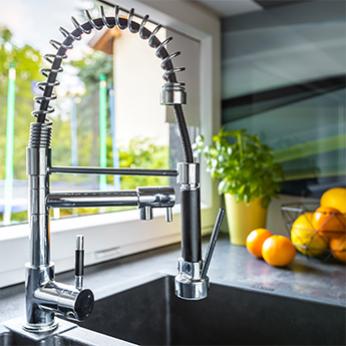
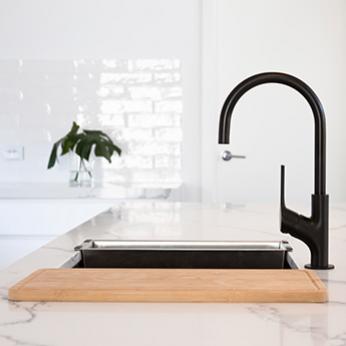
Ceramics
Abrasive cloths and sponges should not be used. The only cleaner that should be used is mild vinegar or universal cleaner, never aggressive and abrasive cleaners such as cleaning pastes, scouring powders, spill cleaners or cleaners for tap fittings or hobs.
The ceramic worktop and sink should be cleaned with soft cloths and sponges, along with lukewarm water and washing-up liquid. Light dirt should be removed with a damp cloth and water and washing-up liquid.
For more stubborn dirt, a biodegradable vinegar-based cleaner, for example, is sufficient.
Encrusted dirt and metallic deposits can be gently removed with a commercially available vitro-ceramic cleaner.
Fluorine or silica-sand based cleaners should always be avoided. It is also recommended not to run hard sharp-edged objects or ceramic knives over the surface as it may become scratched.








